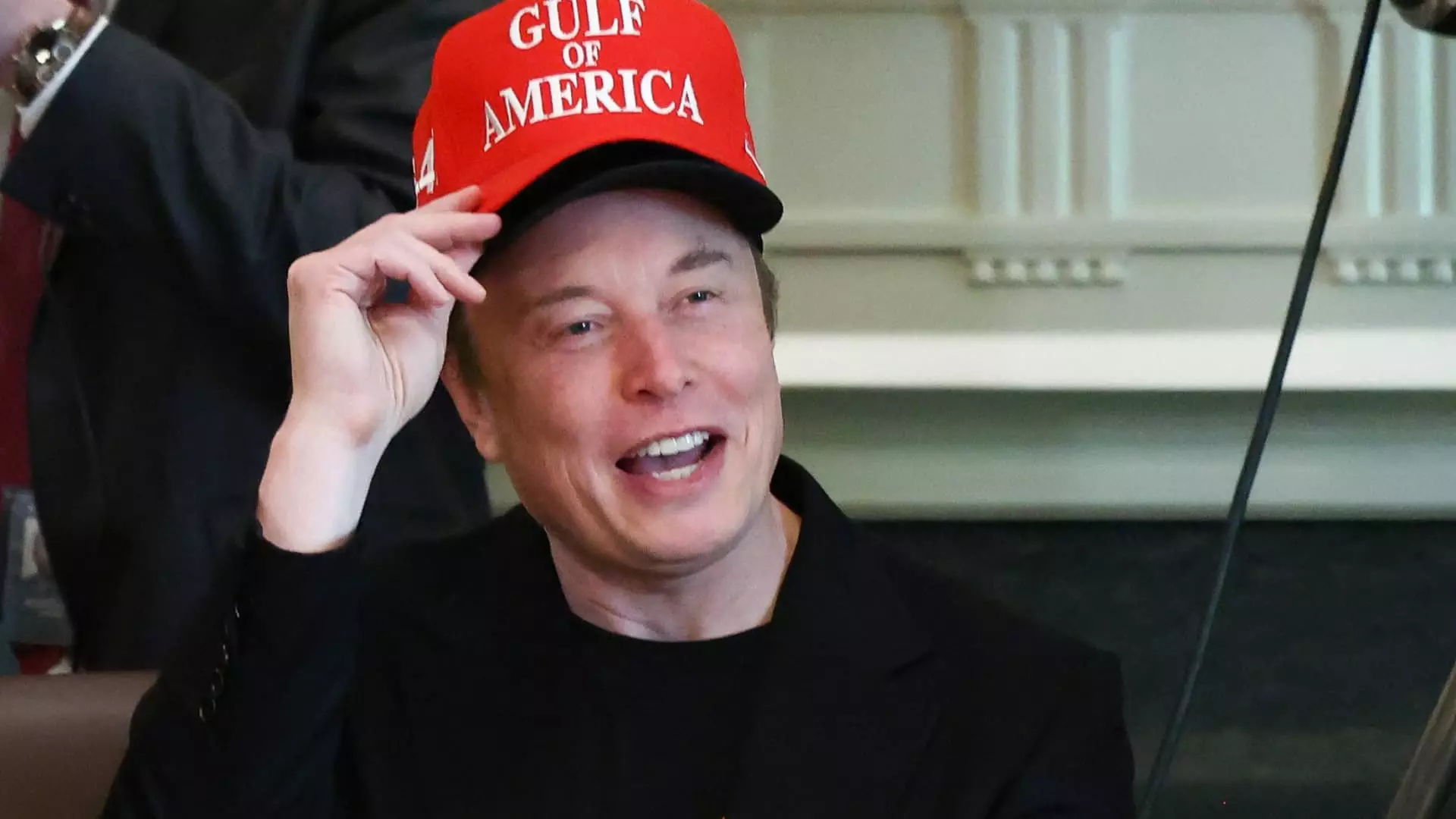Elon Musk’s recent departure from his role in the Trump administration’s Department of Government Efficiency exemplifies the complex interplay between private enterprise and public service. Musk, a figure synonymous with innovation through Tesla and SpaceX, took on the ambitious task of streamlining federal operations—an endeavor that not only underscores his willingness to step beyond traditional corporate confines but also reveals the contradictions within government functions. His mission, framed around the concept of reducing wasteful spending, was a bold, albeit contentious pursuit that sparked debates about the practicality of applying corporate strategies to governmental frameworks.
Musk’s involvement, limited to 130 days per calendar year under special government employment rules, suggests a transient influence rather than a sustained commitment. By focusing on efficiency, he aimed to inject businesslike agility into a typically slow-moving bureaucracy. However, one must question whether such a limited time frame can genuinely enable meaningful change. Musk’s lofty vision often clashes with the political realities of Washington, where reform is frequently thwarted by inertia and conflicting interests.
The DOGE Initiative: A Double-Edged Sword
Musk’s tenure was inextricably linked to the ambitious DOGE mission—a bold initiative aimed at fostering radical reform in government operations. Yet, his venture into public service was not without its hurdles. His public critique of the spending bill currently circulating in Congress highlights a crucial conflict between his vision and political realities. By describing the bill as undermining the efforts of the DOGE team, Musk inadvertently positioned himself as a controversial figure in a landscape where bipartisan support is essential for success. This clash underscores a glaring truth: even the most visionary leaders can find their ideals marred by the complexities of legislative processes.
Moreover, Musk’s self-characterization as a tirelessly dedicated public servant, having worked nearly seven days a week on his initiatives, raises further questions about the viability of his approach. Balancing the demands of a sprawling corporate empire with governmental duties may seem impressive on the surface, but it also risks diluting his effectiveness. The ability to truly innovate in a governmental context requires steadfast commitment and adaptability—qualities that may be challenged by Musk’s divergent focuses.
The Legal Quandary: Challenges Ahead
As Musk steps back from his government role, he faces burgeoning legal challenges that cast a shadow over his entrepreneurial exploits. Allegations of violating federal laws while leading the DOGE initiative pose significant risks not only to his reputation but also to the businesses he effectively represents. Furthermore, messages from pension fund leaders urging Tesla’s board to require Musk to commit to a minimum of 40 hours per week signal mounting pressure from shareholders—particularly within a company that depends on his leadership for its continued success. This precarious interplay of corporate governance and legal responsibility suggests a future fraught with challenges.
Musk’s dual identity as a business magnate and a temporary government employee highlights the complexities of modern leadership in a world that increasingly demands multifaceted expertise. His departure from public service could very well redirect his energies back toward his enterprises, but the legal and reputational ramifications of his government work are bound to remain a contentious backdrop.

